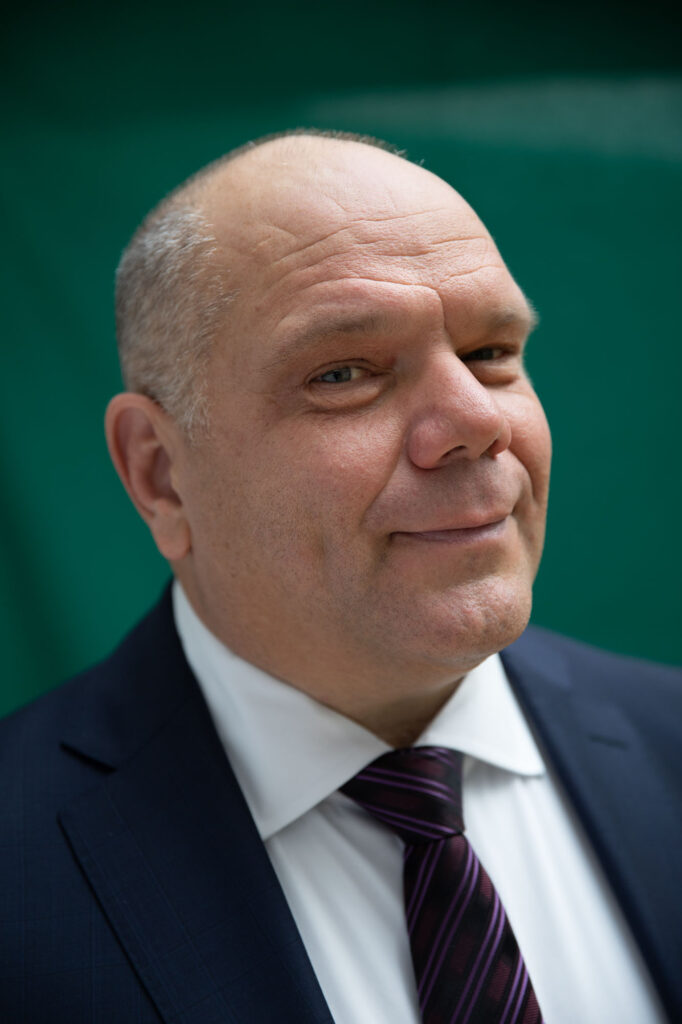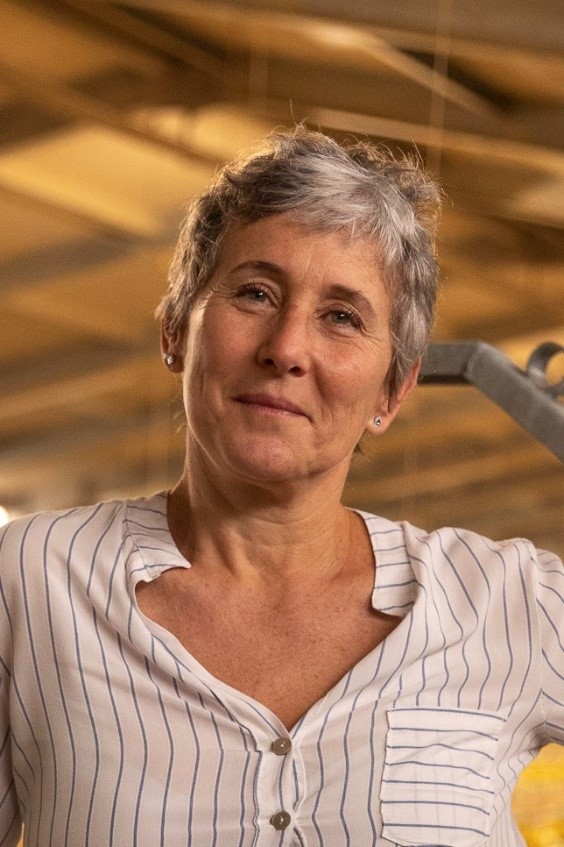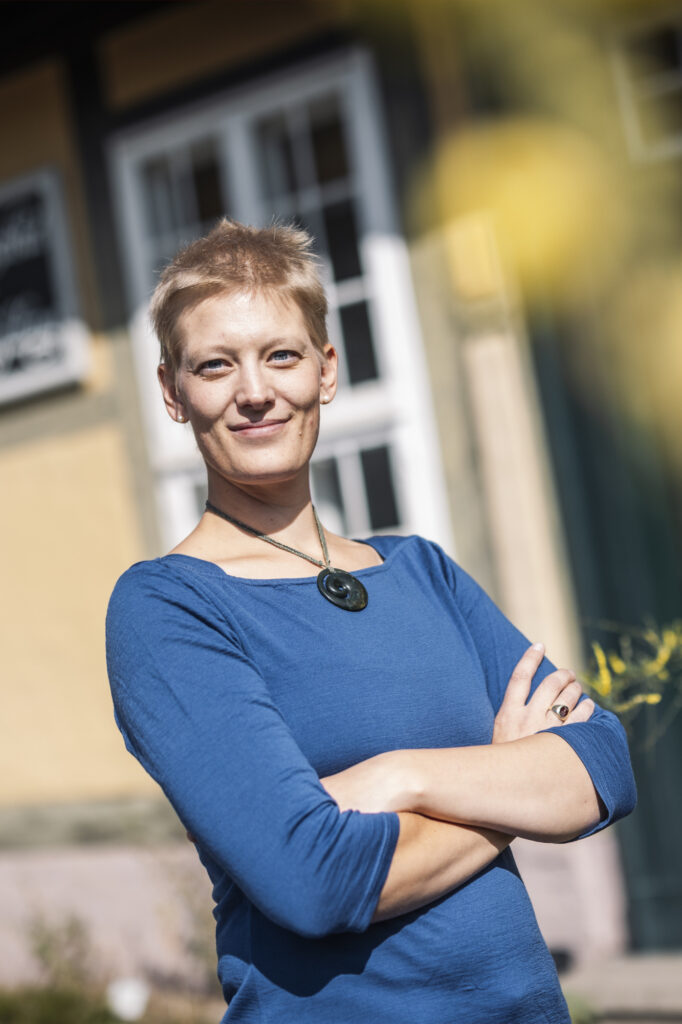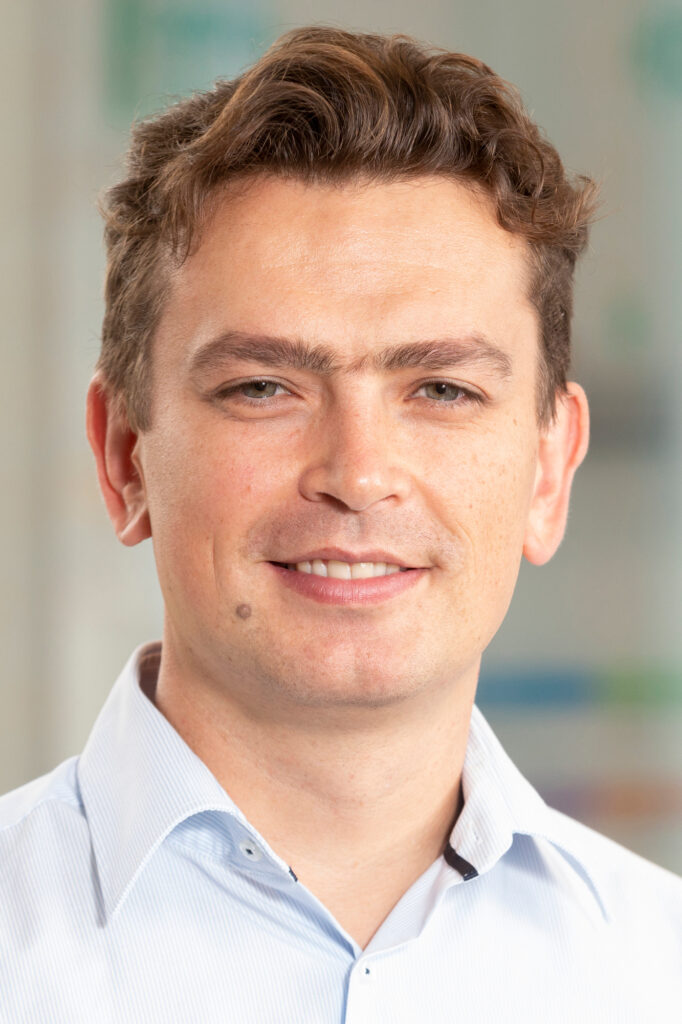
Prof. Dr. Andreas Vilcinskas
„Insect farming to create a circular bio-economy in Controlled Environment Agriculture„
Andreas Vilcinskas is a full Professor for Applied Entomology at Justus Liebig University Giessen and head of the Branch Bioresources of the Fraunhofer Institute for Molecular Biology and Applied Ecology in Giessen. After completing his doctoral studies at the Free University of Berlin in 1994, he held a substitute Professorship in Evolutionary Biology and Zoology at the Department of Biochemistry and Biology at the University of Potsdam. In 2004, he moved to the Justus Liebig University Giessen where he directed the LOEWE Center for Insect Biotechnology and Bioresources from 2010 to 2022. Since 2015, he is also the founding Director of the world’s first academic institute for Insect Biotechnology at the University of Giessen. His research encompasses the engineering of technologies enabling up-scaling of industrial insect farming, as well as the development of higher added value products from farmed insects.

Prof. Laura Gasco
„Insects as feed: last research and hot topics“
Laura Gasco is a Full Professor at the Department of Agricultural, Forest and Food Sciences of the University of Turin (Italy). Laura focuses her research on fish, rabbit and poultry farming and nutrition assessing performances and the impact of alternative ingredients on product quality. Since 2012 her research is focused on the use of insect meals as innovative ingredients in animal nutrition and on the optimisation of insect rearing for the production of high quality raw materials. In particular, her research focuses on the black soldier fly (Hermetia illucens) and on the yellow mealworm (Tenebrio molitor). She is involved in projects related to insects as feed. Laura is president of the Study Commission Insects of the European Federation of Animal Science. She is Section editor for animal: The international journal of animal biosciences, and a member of the editorial board of the Journal of Insects as Food and Feed.

Dr. Gertje Petersen
“Sustainable Adaptation – The promise of genetic improvement for farmed insects”
Gertje Petersen is the head of the LAVES Institute for Apiculture in Celle, Germany. After completing her studies on veterinary medicine at the Freie Universität Berlin with the goal of becoming a livestock veterinarian, she moved to New Zealand in 2013, where she instantly became involved in working with large-scale commercial beekeeping operations. During these years, she pursued a PhD in Animal Breeding and Genetics at the University of Otago in Dunedin, New Zealand, in cooperation with Ag-Tech leaders AbacusBio Ltd, investigating “The role of molecular genetic variation and population structure in the genetic improvement of the honeybee, Apis mellifera”. After working with commercial beekeeping operations across the globe for 10 years on topics ranged from honeybee genetic improvement to business formation and systems improvement, she returned to Germany to take on the role of Director of the State Institute for Apiculture in Lower Saxony.

Prof. Dr. Sergiy M. Smetana
“From waste to sustainability: nutrient, economic and social circularity of insect technologies”
Sergiy M. Smetana works as Head of the Food Data Group at the German Institute of Food Technologies (DIL e.V.) since 2017 and as Professor of Food System Analysis at TiHo (University of Veterinary Medicine Hannover) since 2023. During his carrier he worked at the University of Vechta (Germany), Georgia Institute of Technology (Atlanta, USA) and Institute of Nature Management Problems (Ukraine). The focus of his research is sustainability assessment of innovative food processing technologies, alternative protein sources and data analysis of complex food systems.
